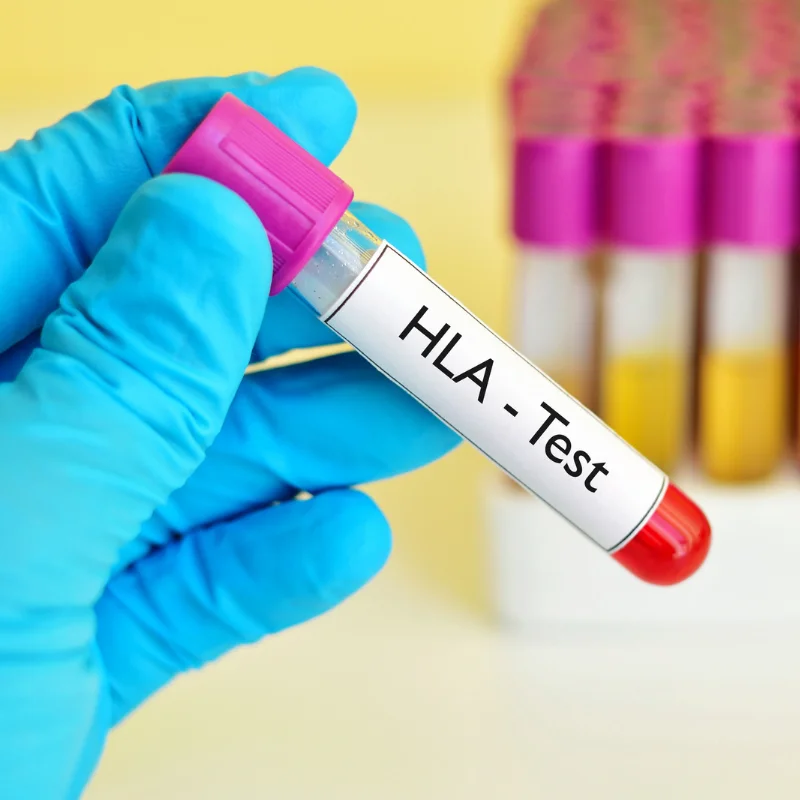HLA Matching
HLA (Human Leukocyte Antigen) matching is a process of matching the HLA characteristics of a patient and a donor for organ or tissue transplantation. HLA molecules play an important role in immune system recognition and matching the HLA characteristics between the donor and recipient helps to reduce the risk of rejection of the transplanted organ or tissue. HLA matching is also used in the selection of stem cell or bone marrow donors for transplantation.

Why HLA Matching?
HLA matching is done to reduce the risk of rejection in organ, tissue, or stem cell transplantation. HLA molecules are important in immune system recognition, and a close match between the HLA characteristics of the donor and recipient can help to minimize the likelihood of the recipient’s immune system recognizing the transplanted cells as foreign and attacking them. This can improve the success of the transplant and the long-term health of the recipient.



